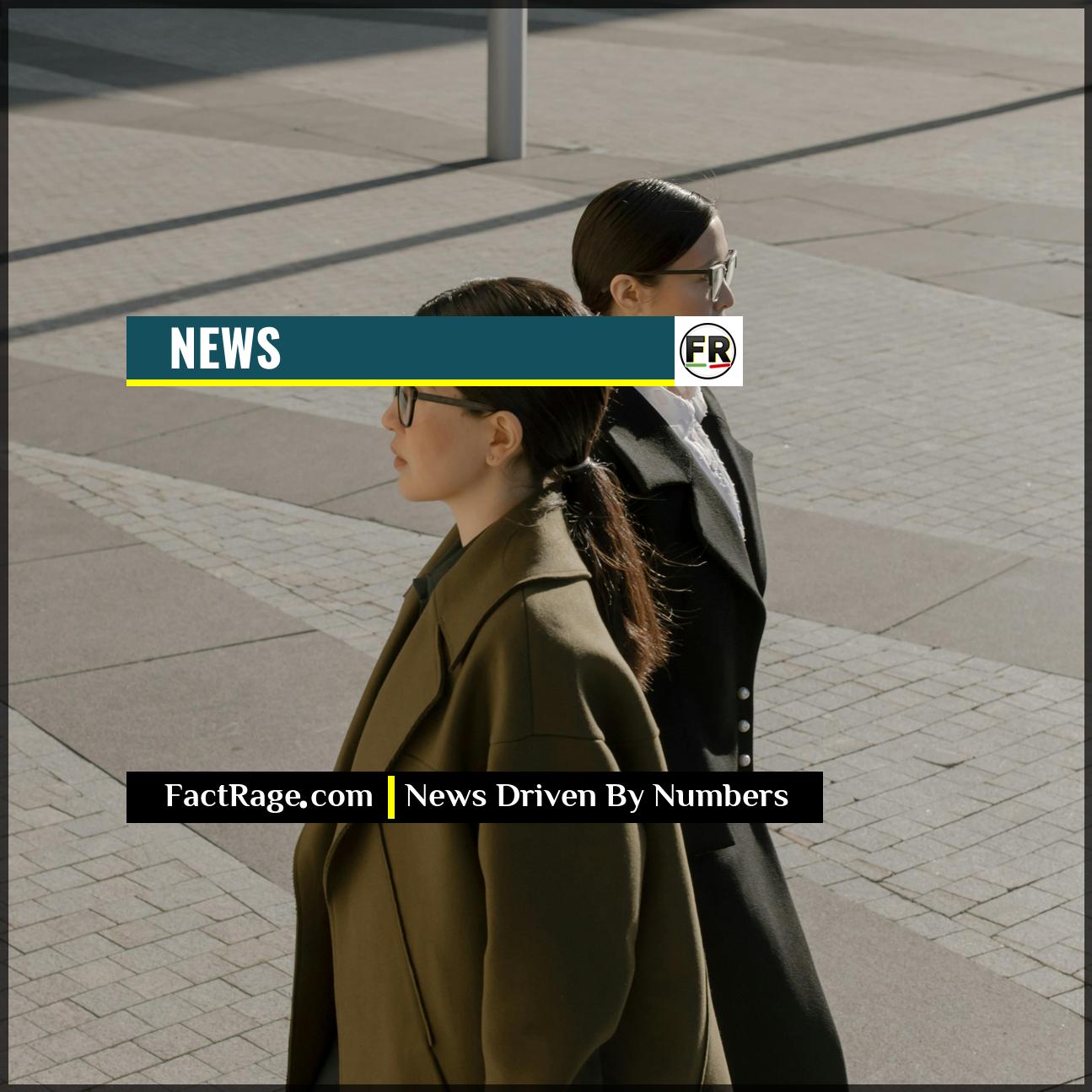BOISE, ID – Following his conviction and death sentence for three counts of first-degree murder, Chad Daybell’s case has now entered a mandatory and lengthy appeals process dictated by state law.
- The Verdict and Sentence – On May 30, 2024, a jury found Chad Daybell guilty on all counts, and on June 1, 2024, he was sentenced to death for the murders of Tylee Ryan, JJ Vallow, and his first wife, Tammy Daybell.
- Mandatory Appeal – Idaho law requires an automatic, direct appeal to the state Supreme Court in all capital punishment cases, a legal procedure that is now underway and expected to last for several years.
- Lori Vallow’s Status – Co-conspirator Lori Vallow is currently serving a life sentence without parole in Idaho and has been extradited to Arizona to face separate, pending charges of conspiracy to commit murder.
The jury’s verdict and the judge’s sentence marked a definitive moment in a case that has captured national attention, but the legal proceedings are far from complete. For those following the case, the key question now shifts from guilt or innocence to the mechanics of the appellate system.
What Convictions Led to the Death Sentence?

An Ada County jury found Chad Daybell guilty on a total of nine counts. The most severe charges were three counts of first-degree murder in the deaths of his first wife, Tammy Daybell, and the two children of his second wife Lori Vallow—16-year-old Tylee Ryan and 7-year-old Joshua “JJ” Vallow.
Daybell was also convicted on six related counts: conspiracy to commit first-degree murder for each of the three victims, and two counts of insurance fraud related to life insurance policies held by Tammy Daybell. Prosecutors argued that the murders were part of a scheme driven by the couple’s apocalyptic religious beliefs and a desire for financial gain.
How the Jury Decided on Capital Punishment
For a death sentence to be imposed in Idaho, the prosecution must prove beyond a reasonable doubt that at least one statutory “aggravating factor” exists. The jury in Daybell’s case found such factors for all three murders.
The jury determined the murders were “especially heinous, atrocious or cruel, manifesting exceptional depravity.” For the murders of Tylee and JJ, they also found the aggravating factor that Daybell exhibited “an utter disregard for human life.” For the murder of Tammy Daybell, the jury concluded the crime was committed for financial remuneration. The unanimous finding of these factors made Daybell eligible for the death penalty, which the jury then chose to impose.
What Are the Next Steps in the Legal Process?
With the sentence rendered, Daybell’s case automatically proceeds to the Idaho Supreme Court. This is a non-optional, mandatory review that occurs in all cases where the death penalty is issued. Daybell’s defense team is not required to file a notice of appeal; the process is initiated by law.
This stage of direct appeal will involve a comprehensive review of the trial record for any legal or procedural errors. This process alone can take several years. If the Idaho Supreme Court upholds the conviction and sentence, Daybell can pursue further appeals through post-conviction relief in state courts and eventually habeas corpus petitions in federal courts. This multi-layered appeals process means that, historically, the time between a death sentence and an execution in Idaho can span decades.
Concurrently, Lori Vallow faces her own separate legal challenges in Arizona. She was extradited in late 2023 to stand trial on charges of conspiracy to commit the murder of her fourth husband, Charles Vallow, and the attempted murder of her former nephew-in-law, Brandon Boudreaux. Those proceedings are separate from the Idaho case and are still pending.















